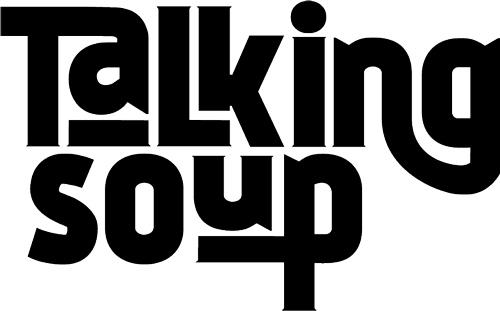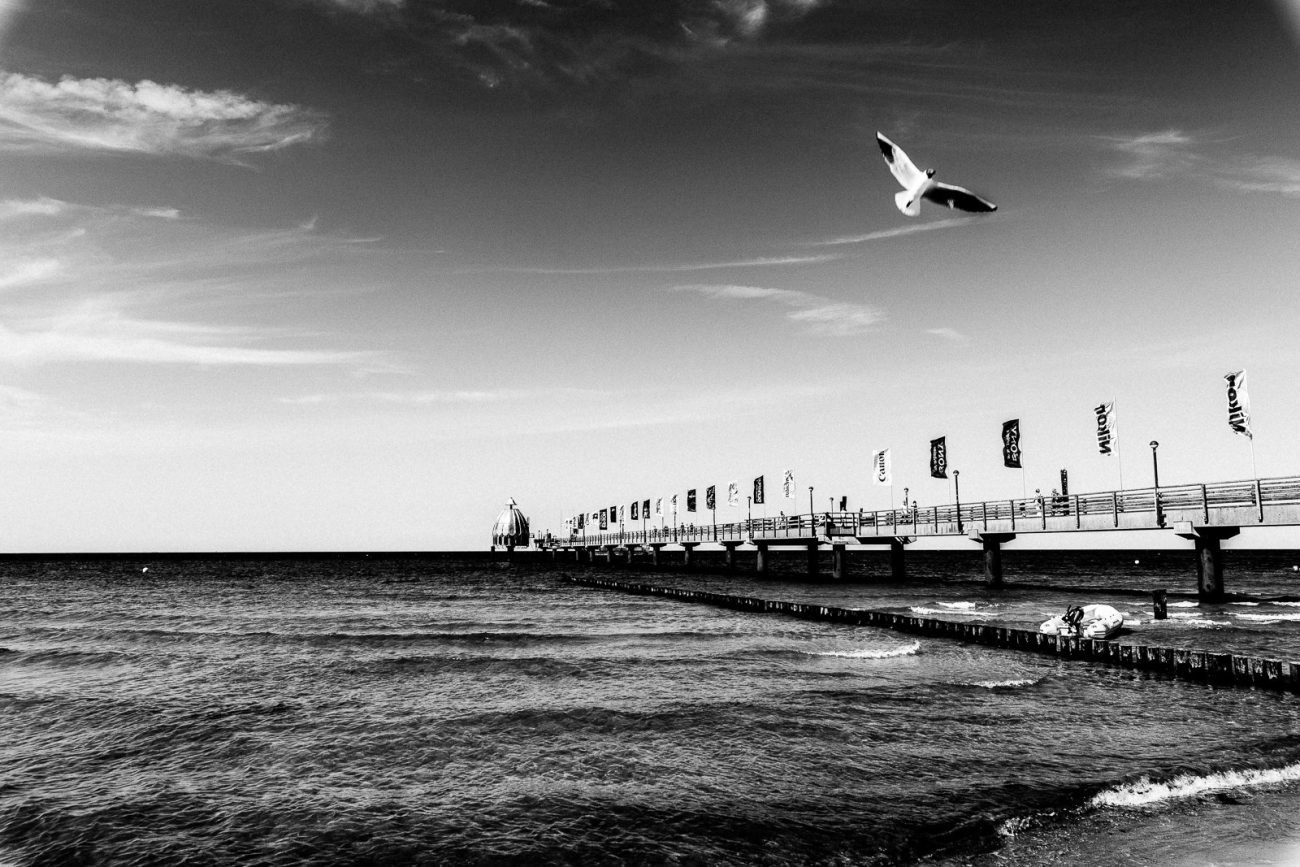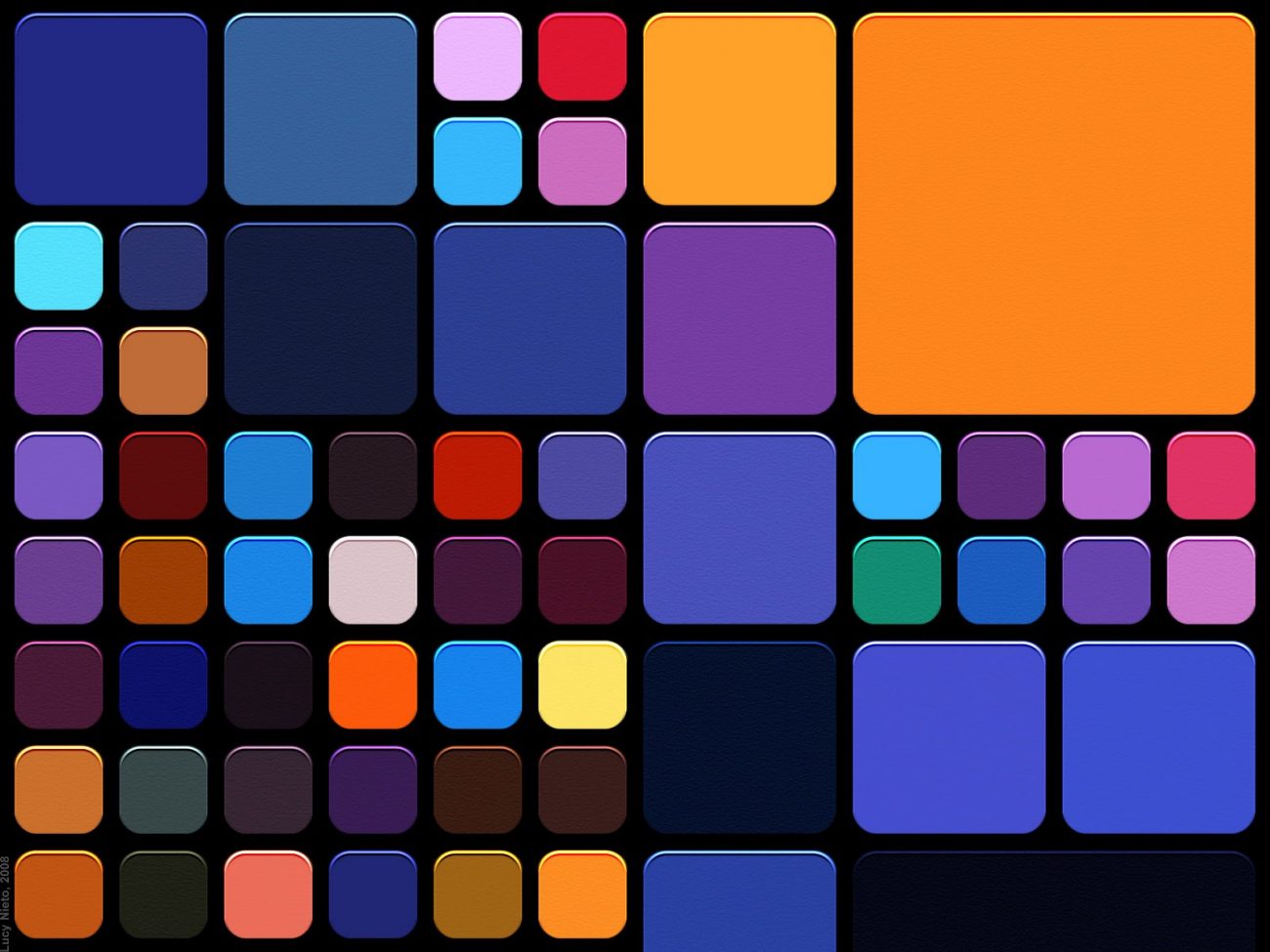It was October, but only just. I know it was only just October because I ran to the train station afterwards to catch a train to a Halloween party, spurred on by the tossing rain and my enthusiasm for the house. I didn’t have time to change my clothes for the party, so I joked to everybody that I’d come dressed as “an existential sense of dread”. I’d say that was prescient, but it seems a little gauche.
It was October, and I was nineteen years old, and the house in question was to be my home for my third year of university. Finding it had not been a mean feat. There are seventeen thousand students in my university city and, for reasons that elude me, about four desirable streets to live on. We were thrilled when we found a house, and damn any issues it might’ve had.
Admittedly, it had some issues. The kitchen was less than a metre wide and the living room wasn’t much wider. Damp crawled up the walls at the slightest impetus. The only means of drying clothes was a medieval-looking winch above the stairs, likely at any moment to drop a pair of damp pants on the head of any unsuspecting individual who might pass below it. The carpet frayed. The kitchen floor swelled. There was a permanent suspicious scratching emanating from the walls, although I preferred not to think about that if I could possibly help it.
But that didn’t matter, or so we thought. It didn’t matter if the walls were so thin that people would bless you from separate rooms or the attic leached valuable heat at a rate of knots. We were nineteen and it was October, and between lectures and labs and the pub, we’d hardly be home to notice.
You know what happens next, of course.
It was October, but again only just. This one I remember because we were dressed in Halloween costumes (all as Taylor Swift albums, thank you very much) as we watched Boris Johnson announce the second lockdown. All of a sudden we were far from home, in a city we had no reason to be in, in a tiny, damp house we had no reason to leave.
Don’t get me wrong: it could’ve been worse. For so many people it was so much worse in so many horrible ways. But it was clear, if not at that moment then in the weeks and months that followed, that it wasn’t going to be straight forward for us either. The grinding monotony of lockdown, the abject terror at the prospect of graduating into a pandemic – it would’ve been easy to be pulled under. It would’ve been easier still to lie down and let the waves wash over me.
The rest of first term was spent in a kind of stupor. We marked the days by what would be on television that night: Only Connect, The Great British Bake Off, The Apprentice, Strictly Come Dancing, back to Only Connect. We went home for Christmas hoping that things would get better, and came back early when it became apparent that they were about to get a lot worse.

Things changed after Christmas. Despite the dissertation deadlines fast approaching, we chose to ignore work in favour of a programme of events that wouldn’t have seemed out of place at a summer camp, or indeed a retirement home. We undertook group workouts in the living room, lack of space be damned. We assembled every jigsaw puzzle under the roof. We watched films: Clueless for our New Years’ Day hangovers, The Aristocrats when the inevitable third lockdown was announced. Megamind on an apparently uneventful Wednesday night, which, in an almost painfully ironic turn of events, we had to pause to watch the storming of the Capitol on the news.
And, of course, there was TikTok.
Just as everyone suspects they have a novel inside them, I’d hazard that everyone also suspects they could go viral. Our magnum opus was a series rather literally titled Cooking Around the World. We’d generate random countries and attempt to recreate their national dishes using only the tools in our tiny kitchen, whatever ingredients Asda would deign to agree to deliver that week, and our complete absence of any skill to speak of. Coming down for dinner became for months a minefield. One day you’d be greeted by a surprisingly faithful recreation of the cuisine in question, and the next by a sheepish housemate and a completely incomprehensible mangle of ingredients. The series was a moderate success if not exactly a smash hit; we gained a few thousand followers any time we seriously butchered the food.
The limited success went straight to our heads. We became fixated on the idea of reaching 10,000 followers, a number not unrelated to the threshold for monetisation on TikTok’s Creator Fund. But if we were going to gain followers, we had to produce more content – and given that we still couldn’t leave the house, we needed to get creative.
Not all the ridiculousness was because of TikTok; I’d harken back to the Taylor Swift Halloween costumes as evidence that we were perfectly capable of being ridiculous for nobody’s benefit but our own. TikTok, however, gave us a new impetus. We tried crocheting and painting portraits of one another and making outfits from plastic bags. We gave each other sound baths using implements from our kitchen (universally pronounced surprisingly relaxing). We hosted a complicated formal dinner wherein all the decisions were made through rounds of rock-paper-scissors. We rearranged our living room into a replica of our favourite pub; one of my housemates acted as a bartender and brewed increasingly absurd drinks. We spent an evening composing incredibly explicit fanfiction. We watched almost no television; there simply wasn’t time.
A notable exception was Netflix’s Bridgerton. After binging the series in a few days and our subsequent regency obsession, we staged a ball: lighting our living room with tealights and wearing black tie and propositioning one another for dances. Being as we were void of the ability to ballroom dance, we opted instead for 5,6,7,8 and the Cha Cha Slide. That night also marked the beginning of our tendency to respond to any and all difficulties (personal, academic, pandemic-related) by arranging ourselves somewhere in the house and dancing to Saturday Night by Whigfield. The familiar clack-clack-clack-clack of our shoes became almost a call to prayer.
We produced, apropos of nothing at all, a shot-by-shot recreation of Angel Eyes from the second Mamma Mia film. We wore outfits constructed out of tie-dyed bedsheets and shot a few of the scenes hanging through a window for wont of enough space to fit us all in the same room. To the detriment of our egos, the video attracted well over a million views.
Angel Eyes’ success was very much the exception. Our other non-food videos were met with resounding indifference from our followers, who were interested only when there was bad cooking to be rude about. In fact, most of the ridiculousness never even made it to TikTok. It was just for us; it was the most fun I’ve ever had.

By third term, with lockdown easing and exams looming and the daffodils in our garden finally forcing themselves through the soil, the ridiculousness abated, and we returned to cooking pesto pasta and going to the pub and worrying about our degrees. There were brief instances of ridiculousness renaissance, such as the garden party we threw in lieu of an end-of-year ball. We strung every fairy light in the house around our garden and put out a cheese board and got shut down early for screaming Olivia Rodrigo’s Good 4 U. The heart, though, had mostly gone out of it.
We never did reach 10,000 TikTok followers; we got tired of making videos and stagnated around 9,000. I finished my degree – an upper second-class bachelor’s with honours in biological sciences, of all things – found a full-time job, and turned it down. The tenancy ended on the tiny house, and we scattered.
A lot has been said about students during the pandemic. When we weren’t viciously demonised for the crime of both existing and being young, we were subject to a horrible sort of pity – don’t you want your money back? Isn’t it so sad? Aren’t you furious? Isn’t it dreadful that you’ve missed out on the university experience?
There’s some truth in it, of course. Many students were treated disgracefully, online learning wasn’t always adequate, and if Boris wants to give me a refund he is more than welcome to do so. But to say that we missed out on the ‘university experience’ is both to diminish what we did and to oversimplify what we didn’t do. I went to university before the pandemic; I remember what university was like before the pandemic. There were parts that were fantastic, and there were parts that were boring and uncomfortable. It was a lot of fun and there was a lot of walking and a lot of worrying. Sometimes it felt like the best years you’d ever known in an ancient centre of knowledge, but mostly it felt like life.
The third year, the pandemic year, the year of living ridiculously – that was life, too. Memories of that year are bittersweet – of course they are – but I refuse to sacrifice the joy of what was at the altar of what could’ve been. We had grey days and blue days and days so bright that thinking of them feels like looking directly into the sun. We were miserable and we were joyful and mostly we were just okay. We worried about failing our exams. We argued over whose turn it was to do the washing up. We laughed and laughed and laughed.
Officially, perhaps it should’ve been dreadful. But Daniel Kahneman said once that it is only a slight exaggeration to say that happiness is spending time with people you love and who love you and, damn it, he was right. It wasn’t anything like we’d been told it should be, but it was dinner together every night and drinking too much rum and dancing in our living room. It was my four best friends, and the four walls of our tiny, damp, safe, frustrating, warm, perfect house. It was ridiculous, and I was happy.
Cover image courtesy of Rab Lawrence via Flickr
Annalise Murray is a biology graduate from Newcastle, UK. She can be found writing essays, teaching reticent teenagers about science, and playing the ukulele, although not usually at the same time. Find her on TikTok @onehousecooks below.








